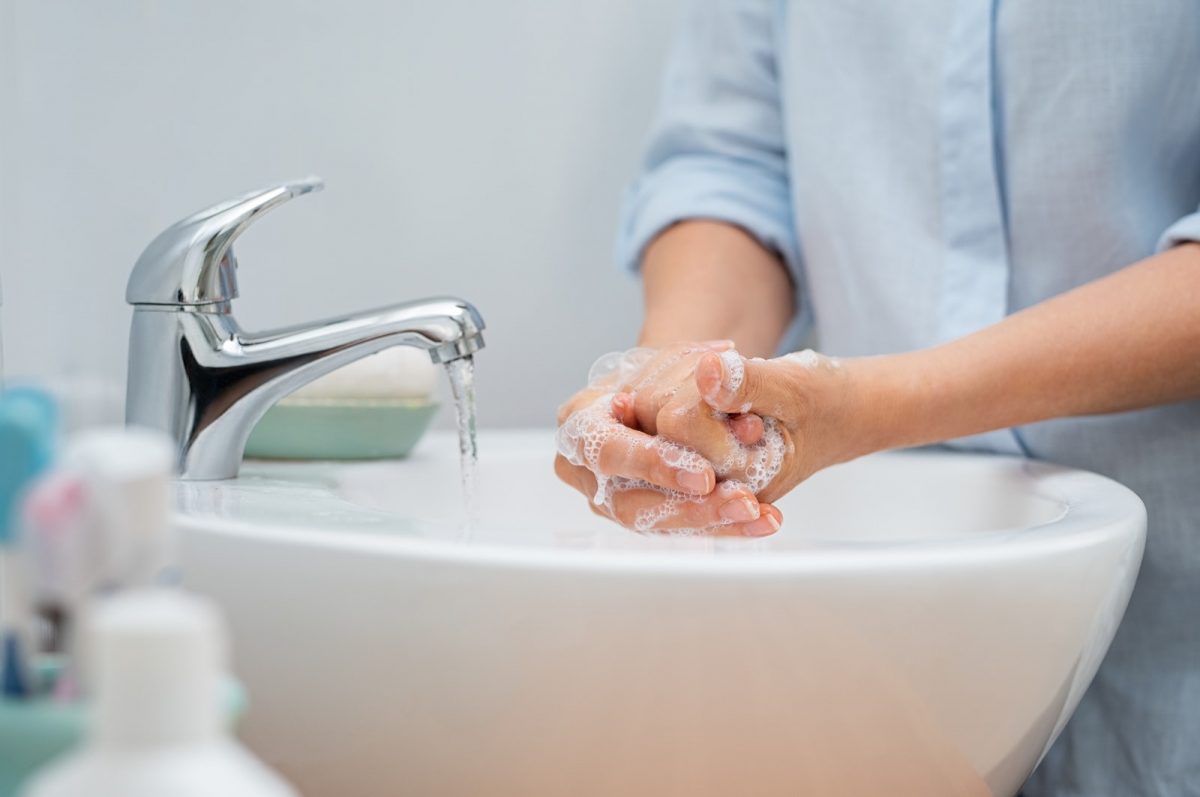In recognition of Handwashing Awareness Week, taking place in the first week of December each year, nursing home staff must understand that proper hand hygiene is critical in reducing the spread of infectious diseases. Healthcare providers and staff have a duty to provide accurate, compassionate, and safe care to their patients, and handwashing plays an important part in this duty. Nursing homes and long-term care facilities take many steps in reducing risks, including nursing home insurance coverage. In this guide, we’ll introduce hand hygiene protocols and illustrate how this simple measure can serve as a valuable risk management tool.
Infections in Nursing Homes
The elderly patients who depend on skilled care in nursing homes face a number of risks. Because older people often have weakened immune systems, they are particularly susceptible to infections, often spread from hand-to-hand contact with caregivers and contaminated surfaces in the facility. It is well known that nursing homes have struggled with infections, and while many other healthcare facilities have implemented rigorous handwashing protocols, the nursing home industry lags behind.
According to a study published in American Journal of Infection Control, over three million infections were reported in U.S. nursing homes in 2017. Infections are the leading cause of death in long-term care facilities, and these infections represent in excess of $1 billion in healthcare costs each year. Infections can spread rapidly without suitable hand hygiene protocols in place; infections from contact with other patients, with equipment, and with surfaces in and around the nursing home facility can result in serious or even fatal consequences.
Focusing on Handwashing
Traditionally, hand hygiene has focused on the acute-care setting, such as hospitals, surgical clinics, and similar facilities. It has been shown in numerous studies that implementing these hygiene controls slashes the infection risk, reducing it to a fraction of pre-protocol levels. Now, it is time for other care facilities to adopt the measures that have been proven so successful in reducing infection risk.
In the study published in the infection control journal, a group of nursing homes was selected. Half of these facilities implemented an interventional hand hygiene regimen, training caregivers, staff, and visitors in proper handwashing techniques. This regimen also included easier and better access to hand sanitizing products. Over the course of a year, the facilities in the intervention group saw a dramatic downward shift in mortality rates and antibiotic prescriptions. In fact, mortality rates dropped 21% in the study period. Two interesting facts were revealed as a result of the study: first, several months passed before improvements were noted, and those improvements stopped when the interventional study period ended. This suggests that hand hygiene may not have overnight results, and that continued attention to proper hand sanitization is critical in keeping infectious diseases at bay.
A complete hand hygiene protocol includes:
- Recognizing when to sanitize hands, either through antibacterial solution or through soap-and-water washing.
- Implementing handwashing practices across all caregiving staff.
- Improving access to sanitizing products, including hand gels and antibacterial wipes.
- Glove use during procedures, including bathing and dressing of nursing home patients.
- Regular training for caregiver staff as well as patients and facility visitors.
- Improved awareness of the role of hand hygiene in controlling disease spread.
Nursing homes face many challenges as they provide care to their patients. Facility leaders understand that many aspects of risk management must work together in order to protect the facility itself as well as its staff members and resident patients. Nursing home insurance coverage forms the foundation of risk management, but simple steps like adding handwashing strategies can create significant improvements in the health and safety of these facilities.
About Caitlin Morgan
Caitlin Morgan specializes in insuring assisted living facilities and nursing homes and can assist you in providing insurance and risk management services for this niche market. Give us a call to learn more about our programs at 317.575.4440.


